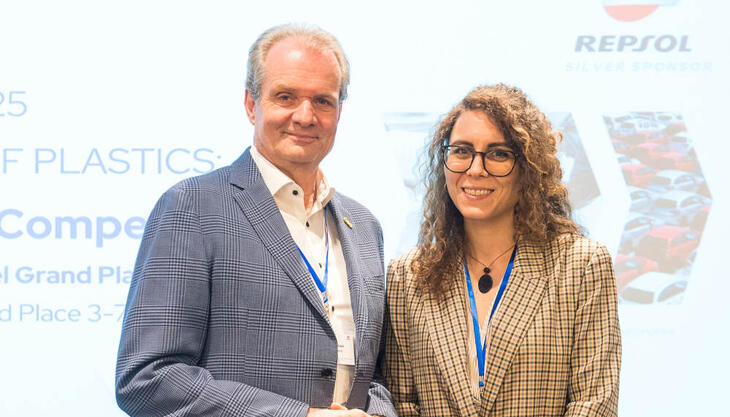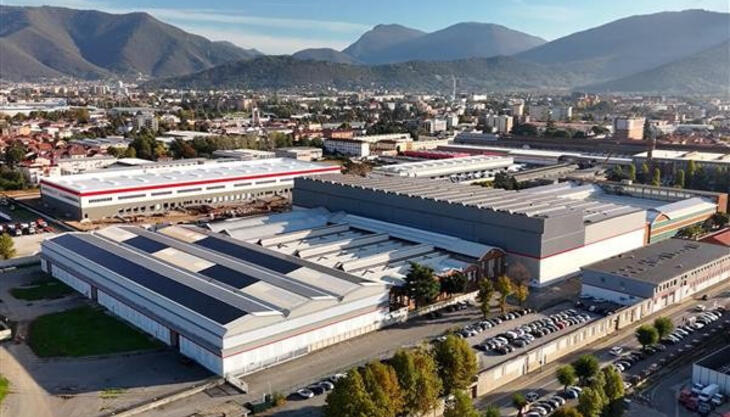Packaging films from legume by-products

The new research project called Leguval aims at valorizing legume by-products for packaging applications based on biodegradable films. The project was launched on December 2013 with a kick off meeting held on 11 and December at Iris (already partner in similar project such as Olipha, Wheylayer e Bioboard, related with waste valorisation for packaging applications), in Barcelona.
After the extraction of the protein fraction from processed legumes production, the aim of Leguval project is to develop new protein films and coatings by wet and dry processes, which will allow improving barrier properties in packaging when applied as a layer on biodegradable plastic films while maintaining biodegradability of the final package. Whilst the leftover biomass of protein extraction will be used as a filler inside of polymer matrix to improve the properties of plastic materials and as a source of biogas by anaerobic digestion.
Tons of legumes by-products produced annually in Europe are discarded and the disposal of this part is costly for the food industry and damaging to the environment. Furthermore, the need to comply with the current environmental legislation has led to great market demand for environmental friendly materials and new alternative energy sources. The main goal of Leguval is the valorisation of legume co-products and by-products for package applications and energy production.
This three-years research project, funded by the Seventh Framework Programme from the EU, is handled by a consortium which combines the expertise of four European R&D centres (CNR-IPCF UOS, SSICA, Tecnalia and Polieko) who will provide contract research services to three industry associations (Consebro, PCS, Assocomaplast) and four companies (Iris, Thenos, RDX, Tuba) related with the food and plastics industry. Iris will coordinate the project on behalf of the participant associations.
Leguval will finalize the industrialization steps prior to the commercialization of the developed vegetal protein coating for plastic films that could replace currently used expensive synthetic oxygen barrier layers. Moreover, using biomass in composites and for gas production can provide, respectively, new biodegradables polymers with improved properties and new alternative energy sources. These strategies would add new value to legume by-products, greatly improve the packaging sustainability and help to reduce petrol use for energy generation.
















